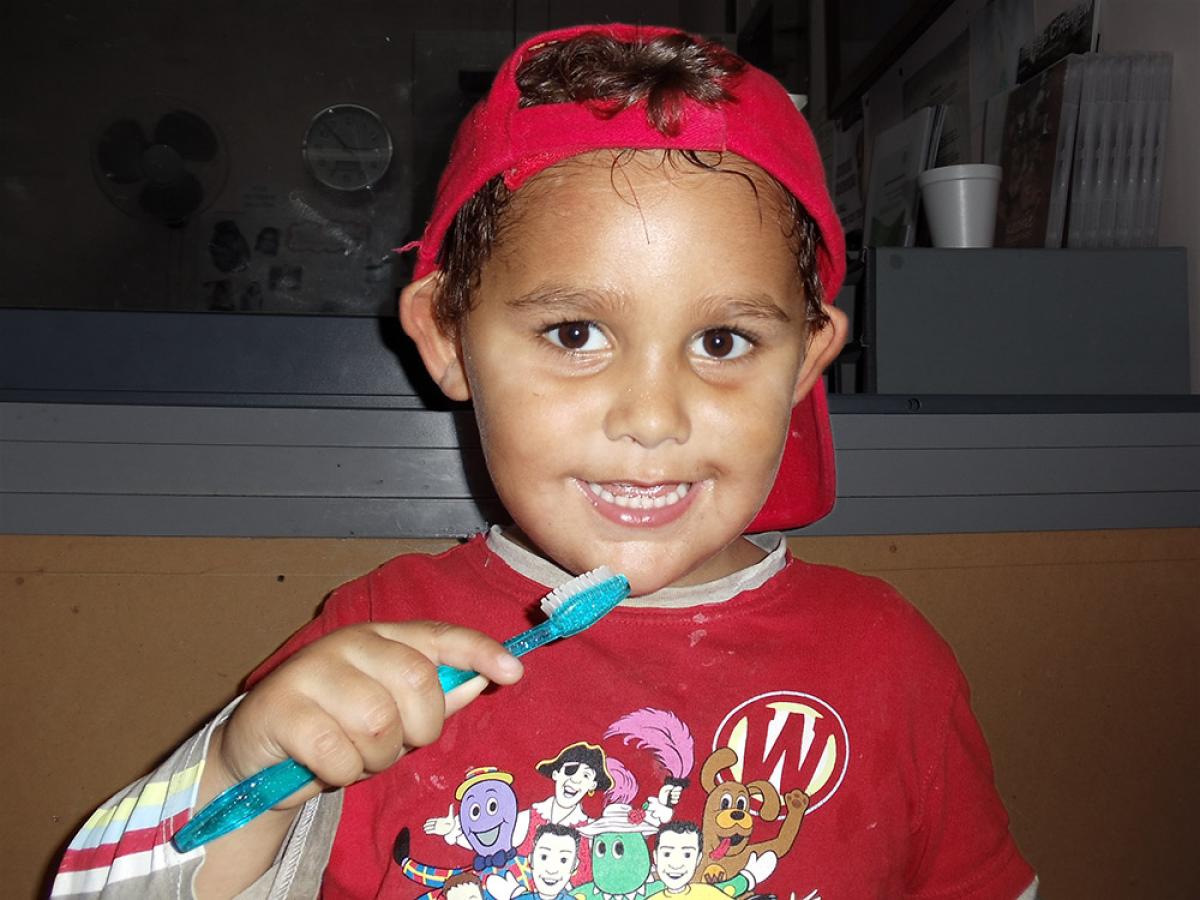Answering dental SOS for children and Indigenous Australians
Poor diets, bottled water, low fluoride toothpastes and lack of education – these are just some of the reasons behind the deterioration of oral health in children and Indigenous Australians.

To help tackle this major health problem, the University of Adelaide has launched two research initiatives.
In 2011, the School of Dentistry’s Australian Research Centre for Population Oral Health made two very important announcements. In May it was awarded the lead role in a federally funded study of the status and causes of Australian children’s deteriorating dental health, and this was followed in December with the launch of a dedicated Indigenous Oral Health Unit (IOHU).
Professor John Spencer was appointed to lead the study team, which also includes all eight State and Territory public dental authorities, in the search to establish why the dental system is failing our five-to-14 year olds. “Despite approximately $1 billion dollars annually being directed to children’s dental services in Australia in the last decade, their oral health has actually worsened,” said Professor Spencer. “The latest statistics show dental restorations and extractions are the most common reason for hospital admissions among Australian children under 14 years of age
In 2006 nearly 27,000 children – 8,114 of them pre-schoolers – were admitted to hospital for dental work.” The four-year study will look at the organisation and delivery of school and private dental services, and document their results across the child population.
The challenge is to identify barriers to our children’s dental health so that we can eliminate them, improving service delivery, reducing risks and promoting healthy diets.Professor John Spencer
Similarly, the IOHU will be focusing resources on the investigation of causes and prevention, rather than physical treatments. “We’re particularly interested in the social determinants of Indigenous oral health,” said IOHU Director and Associate Professor Lisa Jamieson.
“That includes education, behavioural change, advocacy and culturally appropriate service provision. We also want to encourage more Indigenous students to become involved in oral health courses, to help make progress more sustainable.”
Associate Professor Jamieson said it had been known since the 1980s that Indigenous people were significantly more likely to suffer from dental cavities, periodontal disease and tooth loss than other Australians.
“So another of our immediate goals is to bring urgent attention to that and facilitate access to relevant information for all who need it.”
